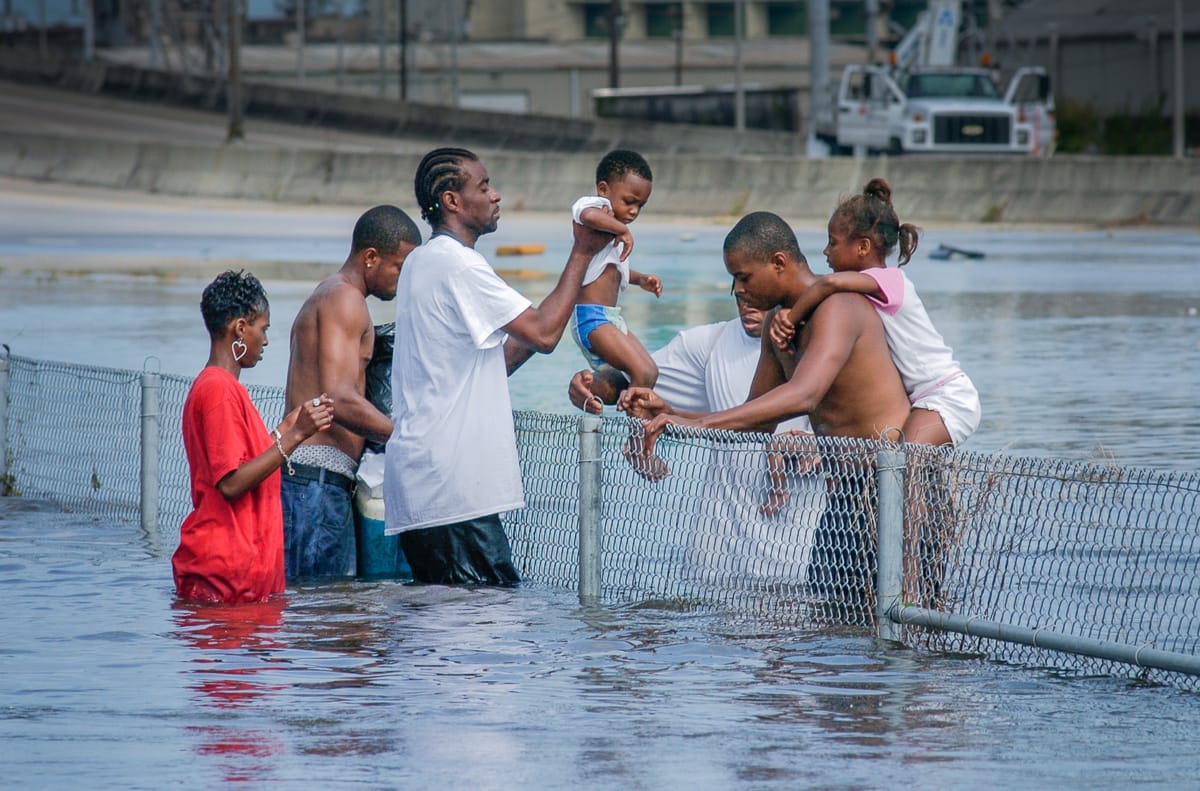When I first landed in New Orleans, nearly half a century ago, there was a bar or a church on every corner, and it was considered perfectly natural to go from one straight to the other. A priest’s absolution on Sunday morning was taken as a Creole licence to tear it up till the end of next Saturday night. Twenty years ago this month, a hurricane named Katrina showed up to the party, uninvited, and tore our playhouse down.
Mention the words “New Orleans” to anyone, anywhere in the world, and the first image that’ll spring to mind is a black man with a trumpet. Over a hundred years ago, it was said that Buddy Bolden would blow his horn so loud it could be heard across the city, and when he sounded his trumpet he was “calling his children home”. Now, sadly, even if in their minds and souls they could still hear the call, an estimated 100,000 people who evacuated the city in 2005 have not made it back — nearly one in five, most of them black.
Even if many residents did not lose family members to the floodwaters, they lost them to other parts of the country. No amount of stitching can repair those rips in the social fabric; cousins, brothers, aunts, nieces, grandparents and neighbours who are no longer at the family dinner table, in the church or dancing on the corner at the Sunday second line.
Much will be said in the coming weeks of the events of that period. The ineptitude of the authorities, the unpreparedness of city officials, the grotesque parade of bloated corpses floating in the toxic stew, the tiresome “Gumbo” clichés, the unmasking of the inequities that belie the good-time image of the “city that care forgot”. There’s not much I can add of value to the litany of wrongs that became headlines. But I, like my friends for whom this is home, tend to cast my mind back and take stock of things more personal — what it is that’s different now, what’s changed. Little details perhaps in the grand scheme, but aspects of life that mattered.
Register for free to read this article.
